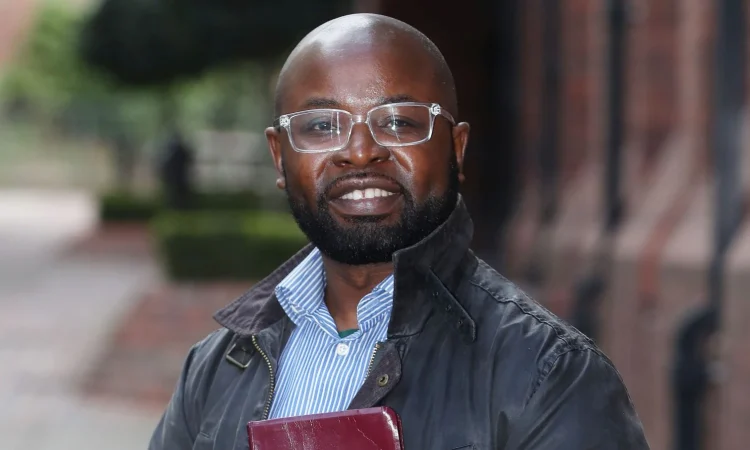
In the heart of the United Kingdom, a significant legal battle is unfolding that underscores the delicate balance between religious freedom and workplace equality. Felix Ngole, a devout Christian social worker, has become the center of a controversial employment tribunal case that highlights the growing tension between individual beliefs and professional requirements. Ngole was denied a position due to his biblical views on homosexuality, setting a concerning precedent that raises questions about religious discrimination and freedom of expression in modern Britain.

Felix Ngole’s case began when he expressed his traditional Christian views on homosexuality on his personal Facebook page. These views, grounded in his religious beliefs, were deemed incompatible with the values required for his role in social work. Consequently, Ngole was dismissed from his Master’s program at the University of Sheffield, which directly affected his career prospects. He challenged this decision, arguing that his dismissal represented a violation of his rights to freedom of speech and religious expression. Despite his defense, the employment tribunal upheld the decision, emphasizing the need to protect service users from potential discrimination.
The case has sparked a broader debate about the extent to which personal beliefs can be expressed without compromising professional responsibilities. Critics argue that the tribunal’s ruling sets a dangerous precedent, effectively penalizing individuals for their religious beliefs and limiting their career opportunities based on personal convictions expressed outside of the workplace. Supporters of the decision, however, assert that it is crucial to maintain a safe and inclusive environment for all individuals, especially within sensitive professions like social work, where practitioners’ beliefs could impact their professional duties and interactions.
Ngole’s ordeal has resonated deeply within both religious and secular communities, highlighting the ongoing struggle to balance respect for individual beliefs with the need to ensure non-discriminatory practices in professional settings. As the case continues to attract attention and provoke discussion, it serves as a poignant reminder of the complex dynamics at play in contemporary society. The implications of this case reach far beyond Ngole’s personal circumstances, touching on fundamental issues of religious freedom, equality, and the role of personal beliefs in public life.




